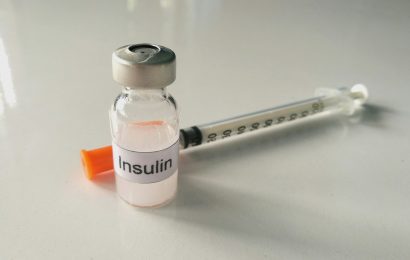Hard times can lead to hard feelings. An article on the financial news site Bloomberg.com says, "A tidal wave of anxiety is washing over America, from Wall Street’s concrete canyons to the lettuce fields of California, propelled by the mortgage industry collapse, costly gasoline, tight credit and rising unemployment."
Authors Rob Waters and David Olmos write that phone calls to mental health lines are way up, as are counseling and therapy appointments. They report on a poll taken for the American Psychological Association in April 2008, which found that three of four Americans are under stress because of money woes, and the majority of them said it was affecting their lives negatively.
A recent article in The New York Times addressed these issues for unemployed people. Called “When All You Have Left is Your Pride,” the article reports on some interesting responses to job loss.
Some people who have lost jobs continue their life patterns as if nothing had happened. They get up and commute every morning, even if it’s to a coffee shop or a bar. While there, they look through want ads, network, and do whatever they can to feel productive or at least hopeful.
The Benefits of Pride
Most of us would probably pity someone who went to such great lengths to keep up appearances. But psychologists are finding that keeping a sense of pride helps people get through tough times.
David DeSteno, PhD, a psychologist at Northeastern University in Boston, says, “we are finding that pride is centrally important not just for surviving physical danger but for thriving in difficult social circumstances, in ways that are not at all obvious.”
It turns out that a sense of pride draws other people to you. They tend to treat you better. In one interesting study in British Columbia, subjects were shown pictures of various members of a team and asked who ranked highest. Subjects ranked a water boy with a proud expression higher than a team captain who looked ashamed.
Pride helps us function better in other ways. In another study, Dr. DeSteno and a colleague had student subjects try spatial relations puzzles. The trouble was, the puzzles flashed by on the screen too fast for anyone to solve. Then he told some subjects they had done great, the best he’d ever seen, while others got no feedback at all.
Then all subjects worked together to solve similar puzzles. According to Times reporter Benedict Carey, “the students who had been warmly encouraged reported feeling more pride than the others. But they also struck their partners in the group exercise as being both more dominant and more likable than those who did not have the inner glow of self-approval.”
“We wondered at the beginning whether these people were going to come across as arrogant jerks,” Dr. DeSteno said. “Well, no, just the opposite; they were seen as dominant but also likable.” They also were found to try harder at follow-up tasks. The moral: Feeling good about yourself is attractive to others.
Keeping up appearances can easily go too far. Some people don’t even tell their families that they have lost their jobs. They feel too ashamed or don’t want to burden others with their problems. By doing that, they cut themselves off from valuable support. But keeping up pride in yourself apparently has major benefits.
How Diabetes Relates
I sometimes think that having a chronic condition is like living in a permanent recession. How do you feel good about yourself when your body doesn’t work right, or doesn’t feel well? Perhaps you aren’t able to work at as high a level as you used to, or as you would like to. Maybe getting through the day sometimes seems more trouble than it’s worth.
Maybe you’re taking more pills than you ever thought you’d take, or spending more time in doctors’ offices than with your friends. Maybe you blame yourself for having diabetes or for not doing a better job of controlling it.
I certainly struggle with these issues. When I’m feeling bad, or getting worse, I tend to forget the good things I do and the abilities I have. When money’s not coming in, I sometimes feel I’m not doing anything worthwhile.
When it gets like that, how do you feel good about yourself? What makes it worth getting out of bed in the morning? How do you keep up your pride, and do you think it’s important to do so?
A Few Ideas
One thing is to make a list of all the things you do well, and all the things you manage to do at all in spite of illness. Another is to ask friends or loved ones for some good things about you. Add your own and make a list. Keep the list where you can see it.
These ideas come from Dr. Nathaniel Branden, the “father of self-esteem psychology.” He has more ideas at his Web site. I also give good resources in my book The Art of Getting Well.
Perhaps we should borrow a page from the out-of-work playbook. Try to dress nicely and look good as much as possible. Take pride in your self-management successes and reward yourself for them.
What else works for you? Please let us know by commenting here.




